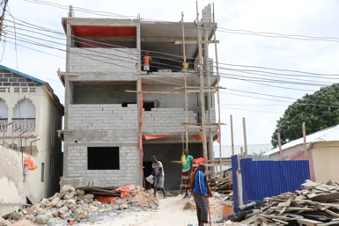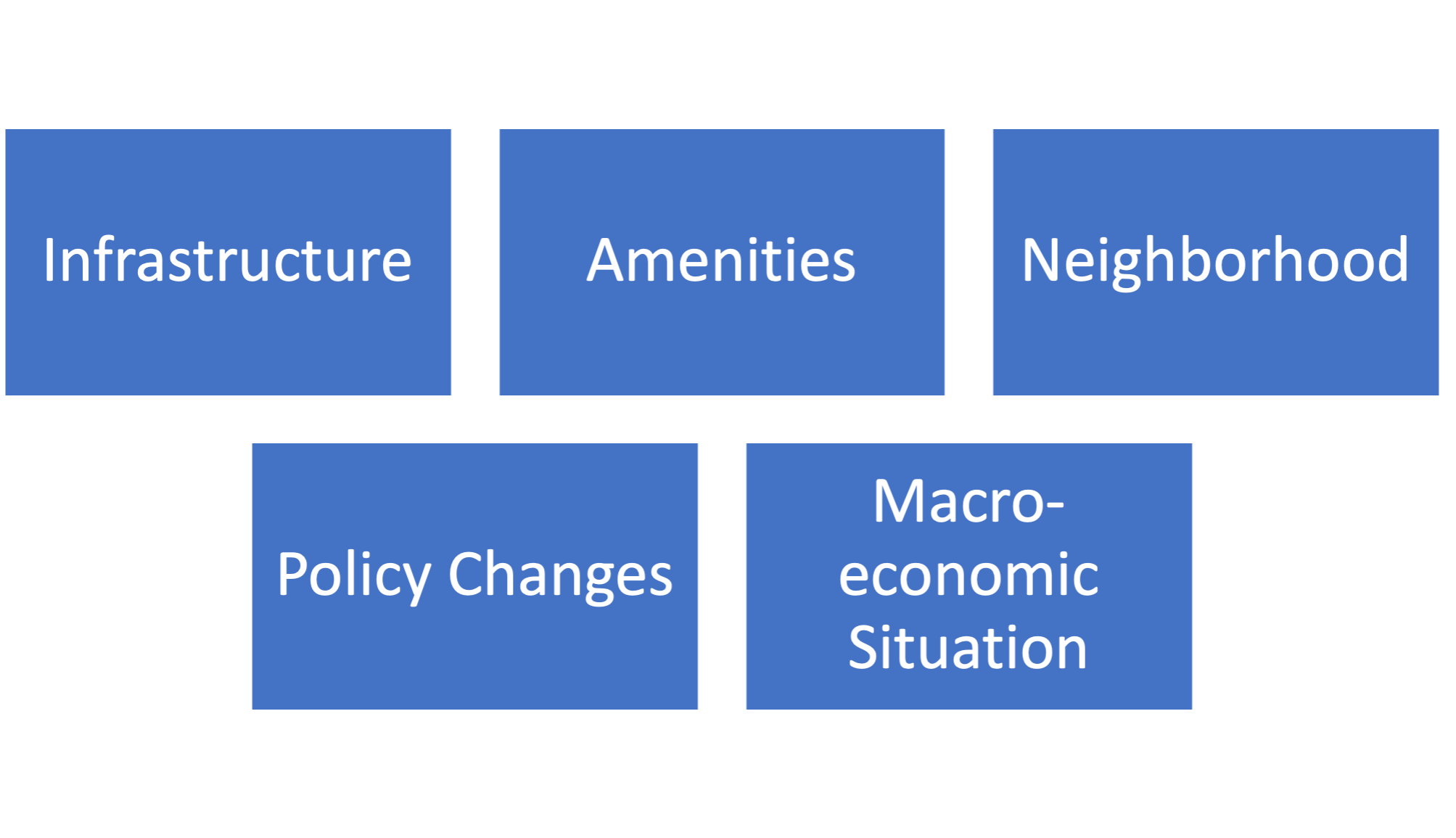What’s Increasing Dramatically in Somalia?
She’s been looking for a place to live for three weeks, with nothing available.
Somalia’s history has a long, consistent history as a cockpit of international trade from the fabled Kingdom of Punt sending cool stuff to the ancient Egyptians and finally welcoming Greek and Roman traders onto the coasts. Punt was very good at playing every side against each other in the lucrative frankincense, myrrh, and cinnamon trade. Punt later formed a trade cartel with Arab sea traders to jack up the prices of these hard-to-get items.
Centuries later in the seventh century A.D., Islam arrived and served as a moderating influence. For centuries after, they were sultanate’s overseeing the wealth of the area until the “guns, germs, and steel” of the Europeans came. Like the rest of the scramble for Africa, Somalia was coveted, but not easily cowered: the imperialists were met with fierce resistance to both Italy and Great Britain.
Which leads us to Mogadishu. It still has a bunch of Italian colonial buildings, but after decades of civil war, exterminated infrastructure and a traumatized population, Mogadishu seems to be a hopeless case. But it’s not. How do we know? We follow the land values.
The Somalis are very enterprising people when given the chance. Security and a unique legal system have combined to make most people think things are going to get better. As a result, Mogadishu is one of the fastest growing cities in the world with a diaspora returning and people moving from the country to the city. Most of us would say it’s not worth the risk but the market in land says otherwise. The exurbs are absorbing the surplus labor into new neighborhoods, and people seeking employment find disappointment in the sky high rents.
Unfortunately, a scrum of NGOs, developers, and speculators are to blame for the high expense of land. They can only marvel at the quick pace of development (when the UN comes to town guess who gets the nice houses?) and wonder why urban landowners are creating their own land value with new infrastructure and you and you and a e and roads. Security on the streets is often privately hired and deployed. And yes, non-Somalis drive up the price of rent-a-cops, too.
The human cost of reviving Somalia and Mogadishu is apparent. But what’s not so obvious is the value created in land. With no apparent top-down governmental structure, anybody can build a road and charge tolls. Look at the Robber Barons on the Rhine.
Somalis wonder how they can make their lives and their communities better. There are probably five salient objects that increase land values particularly in the state-created environment:
If any components of that value (or all of them) are privately held and collected, land’s value likely deflates. If some portion of each of these components goes to the government, the government can then pay for these services (which is the idealized bargain for each citizen who pays taxes) and maintain them indefinitely.
When the NGOs leave, there’s a solid foundation in Somalia that will outlast their work.






Leave a Reply
Want to join the discussion?Feel free to contribute!